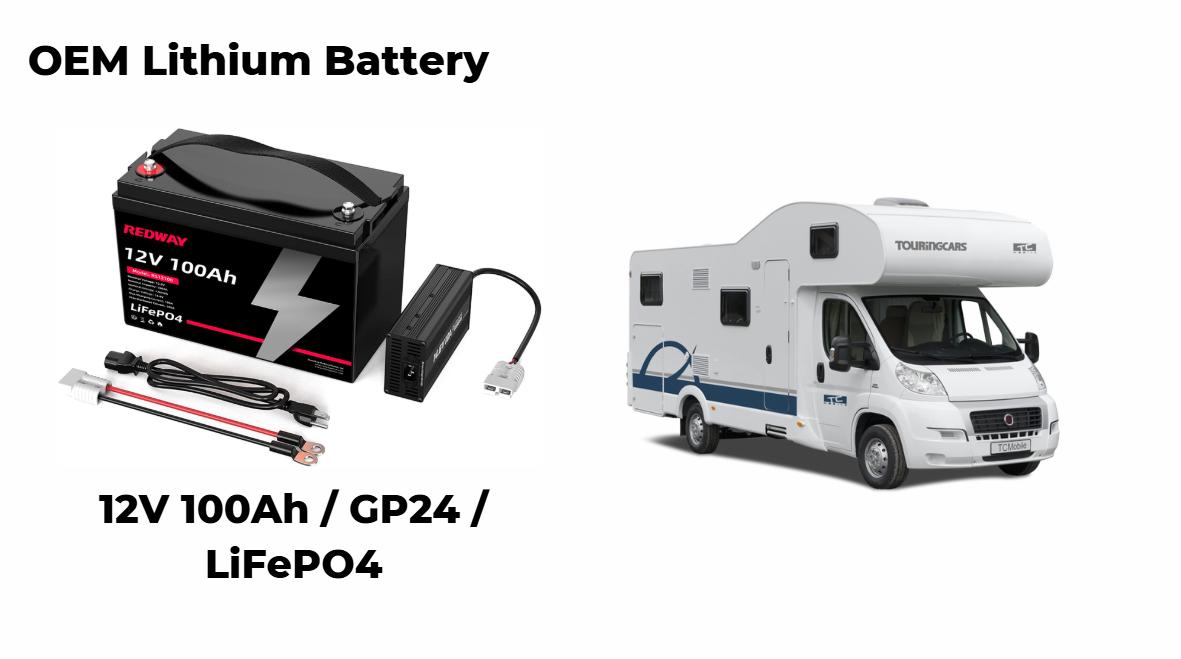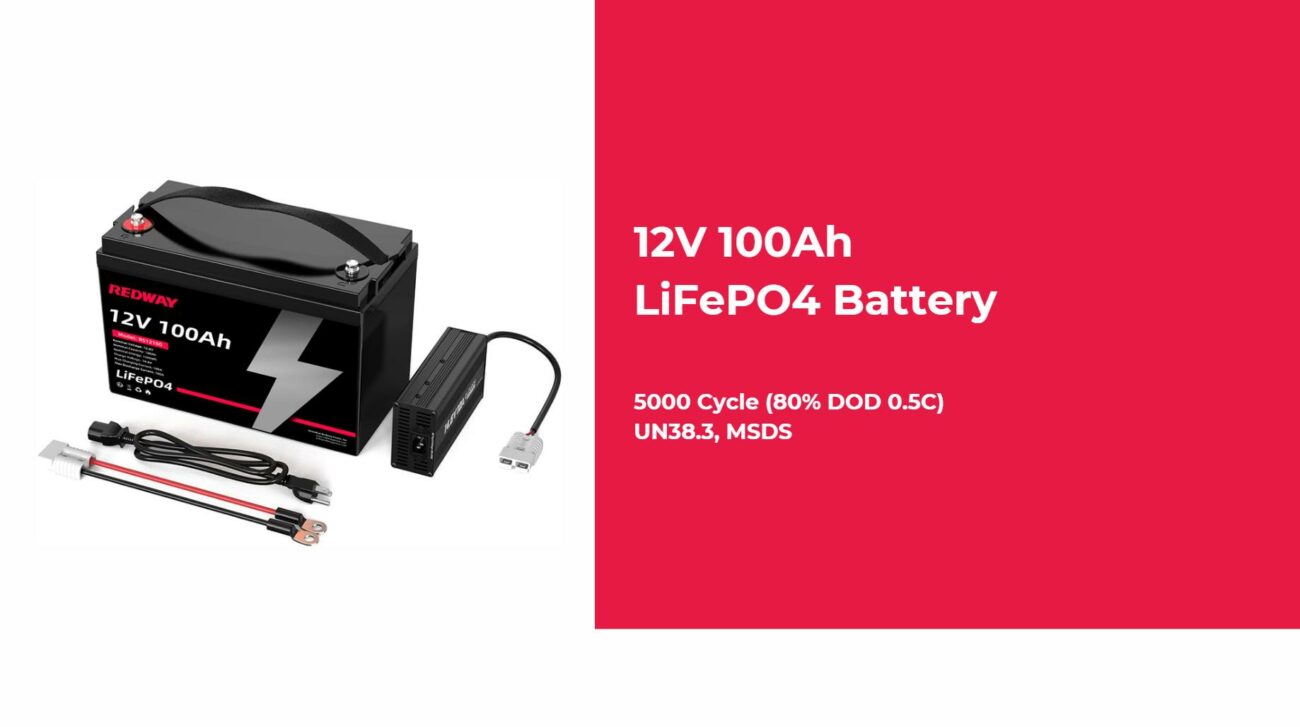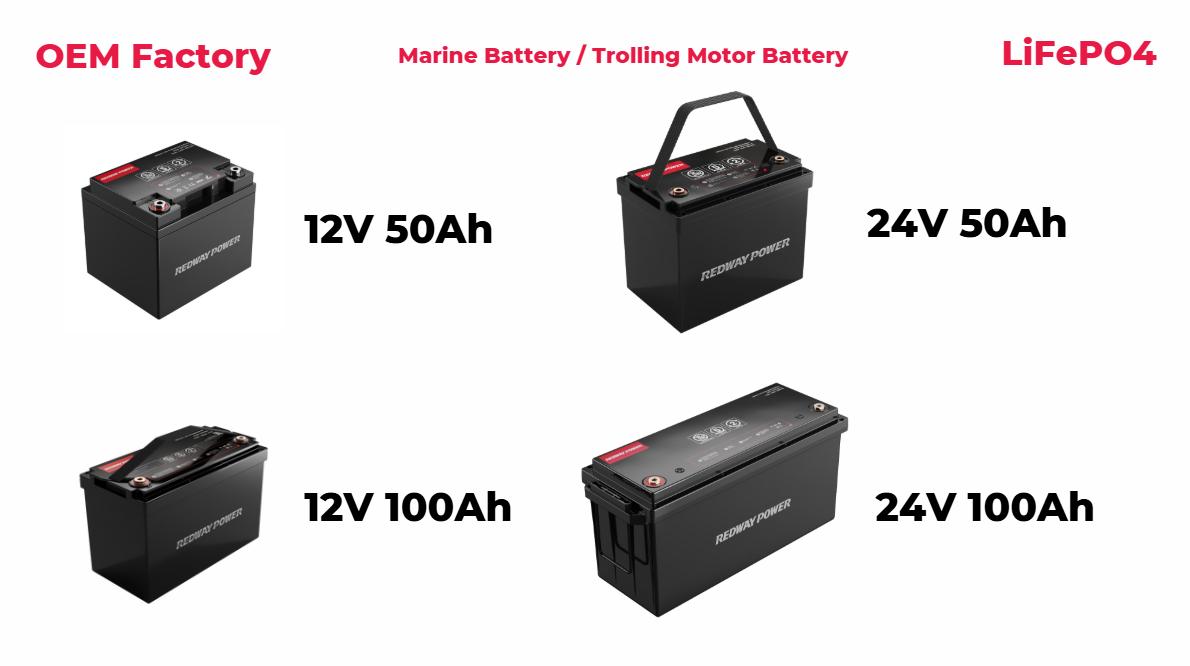The difference between deep cycle and normal batteries lies primarily in their design and intended use. While normal batteries are optimized for short bursts of power, deep cycle batteries are designed to provide sustained energy over longer periods, making them ideal for applications like solar power systems or recreational vehicles.
What Is the Definition of a Deep Cycle Battery?
A deep cycle battery is specifically engineered to be regularly discharged to a significant depth—typically up to 80%—and then recharged without sustaining damage. This design allows them to deliver consistent power over extended periods, making them suitable for applications that require continuous energy supply.Chart: Characteristics of Deep Cycle Batteries
| Characteristic | Description |
|---|---|
| Depth of Discharge | Can be discharged up to 80% without damage |
| Cycle Life | Designed for hundreds to thousands of cycles |
| Applications | Ideal for RVs, boats, solar systems |
How Do Regular Batteries Function Compared to Deep Cycle Batteries?
Regular batteries, often referred to as starting or cranking batteries, are designed primarily for short bursts of high current needed to start engines. They typically discharge only about 5% of their capacity during each use, which is insufficient for applications requiring prolonged energy output.Chart: Functionality Comparison
| Feature | Regular Battery | Deep Cycle Battery |
|---|---|---|
| Discharge Depth | Shallow (5-10%) | Deep (up to 80%) |
| Current Output | High burst | Steady over time |
| Ideal Use | Starting engines | Running appliances |
What Are the Key Differences Between Deep Cycle and Regular Batteries?
The primary differences include:
- Design: Deep cycle batteries have thicker lead plates allowing them to withstand deeper discharges.
- Cycle Life: They can handle many more charge/discharge cycles compared to regular batteries.
- Applications: While regular batteries are used in vehicles for starting engines, deep cycle batteries are used in renewable energy systems, RVs, and marine applications.
Which Applications Are Best Suited for Each Battery Type?
Deep cycle batteries excel in applications requiring sustained power over long periods:
- Deep Cycle: RVs, boats, solar energy storage, electric vehicles.
- Regular: Cars, motorcycles, lawn mowers.
Understanding these applications helps users select the appropriate battery type based on their specific needs.
What Are the Advantages of Using Deep Cycle Batteries?
Deep cycle batteries offer several advantages:
- Longer Lifespan: Designed for repeated deep discharges.
- Sustained Power: Ideal for powering devices over extended periods.
- Versatility: Suitable for various applications beyond automotive use.
These benefits make deep cycle batteries an excellent choice for anyone needing reliable power sources.
How Do Different Chemistries Impact Battery Performance?
Battery performance can vary significantly depending on chemistry:
- Lead-Acid: Commonly used in both types; affordable but heavier.
- Lithium-Ion: Lighter with longer lifespans; ideal for portable applications but more expensive.
Understanding these differences can guide users in selecting the right battery chemistry based on performance needs.
How Can You Maintain Both Types of Batteries Effectively?
Maintenance is crucial for maximizing battery lifespan:
- Deep Cycle: Keep terminals clean, check fluid levels (for flooded types), and avoid discharging below recommended levels.
- Regular: Ensure connections are tight and check voltage regularly.
Proper maintenance ensures optimal performance and longevity regardless of battery type.
Conclusion
Recognizing the differences between deep cycle and normal batteries is essential for selecting the right power source for specific applications. Understanding their design, functionality, advantages, and maintenance can lead to improved performance and longevity in various settings.
Expert Views
“Choosing between deep cycle and regular batteries hinges on understanding your power needs; deep cycles offer sustained energy while regular batteries excel at short bursts.” — Expert from Redway
FAQ Section
What is a deep cycle battery?
A deep cycle battery is designed to be discharged deeply and recharged multiple times without damage, suitable for prolonged energy supply applications.How do I know if I need a deep cycle or regular battery?
If your application requires sustained power over time (like RVs or solar systems), opt for a deep cycle battery; otherwise, a regular battery suffices for short bursts (like starting engines).Can I use a deep cycle battery in place of a regular battery?
While possible in some cases, using a deep cycle battery as a starter may not provide adequate cranking power; it’s best suited for applications requiring continuous energy.





